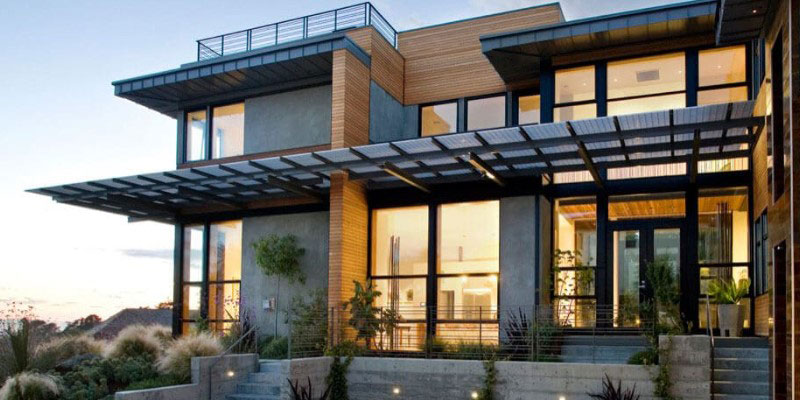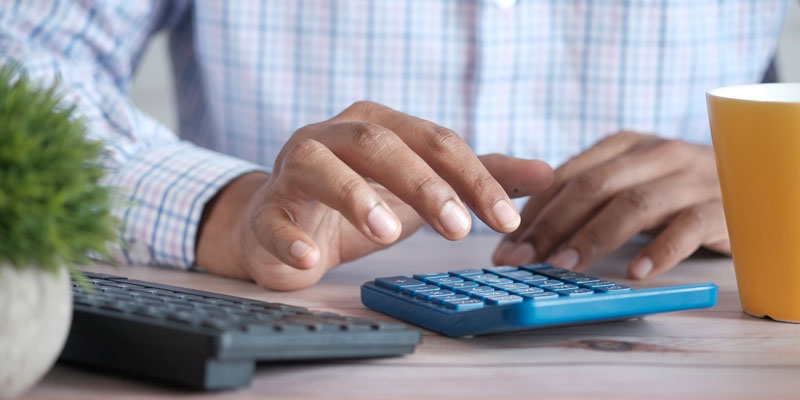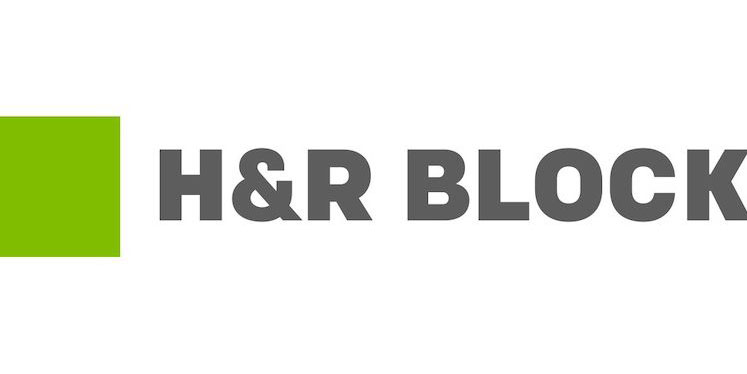Even while it is possible to improve Residential Energy Efficiency, modern high-efficiency furnaces are the ones that use the least amount of energy overall. The first thing to do is have it serviced by a professional once a year. It will be required to clean the sections that you can't see or reach, and you will also need to ensure that it isn't working any harder than it needs to be. For your part, you should ensure that air can quickly enter the unit, and you can extend the life of your furnace by changing the filters every three months.
Put the water heater inside an enclosure.
On-demand water heaters are typically the most cost-effective choice because they only heat the water to the desired temperature when required. If you want to stop heat from escaping from electric hot water tanks, consider wrapping them with a blanket made of insulating material.
A seal for the ductwork
The joints in ductwork can sometimes enable hot air to escape. This indicates that you are not getting heat where you want it, but you are paying to heat somewhere you do not want it, such as an unfinished basement (upper floor rooms). Heating-vent tape can be used to seal any apparent joints in the assembly.
Conduct a check of the doors and windows.
If your home does not have an airtight seal, you will be wasting energy when cooling and heating it. You can check for drafts by moving a lit incense stick or candle over the frames of the windows and doors in the room. If it flickers, there is a draft coming through. Caulk the corners of the structures, install new weatherstripping or replace the existing one, and add a door sweep.
Make use of the ceiling fans.
The use of ceiling fans is excellent for situations in which you need to cool the bedrooms but not the entire house, particularly at night. Most fans are equipped with a "reverse" option that directs warm air upward into the room, a feature that will come in handy during the colder months. Find out more about how to change the setting of Home Energy Efficiency on your ceiling fan to accommodate the different seasons.
Nighttime operation of large machines is encouraged.
The washing machine, the dryer, and the dishwasher all use a significant amount of electricity and frequently run for long periods. Make an effort to reorganize Home Energy Efficiency in your schedule so that you may wash your clothes and dishes in the evenings or on the weekends when you have more free time.
Install a line for drying clothing. 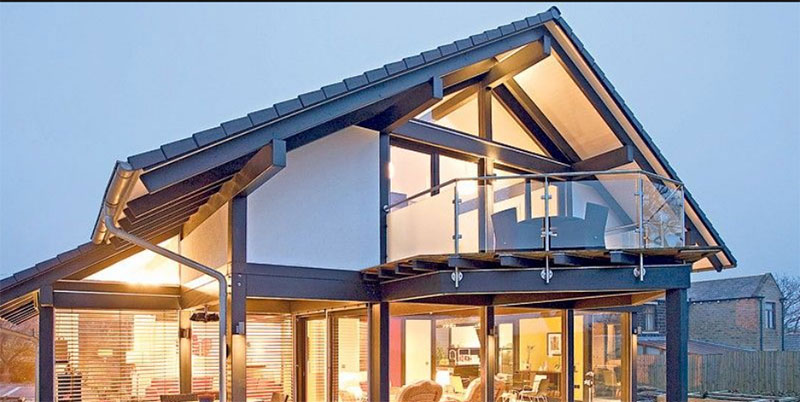
The clothes dryer is responsible for up to 6% of the total energy use in a home. Hanging your goods to dry in the open air during the warm summer and bringing them inside during the colder months are both viable options.
Cleaning Up Huge Appliances
When dust accumulates in the exhaust vents of the dryer and the refrigerator, it forces the motors to work harder, which results in increased energy consumption. Vacuum those areas regularly throughout the year.
Use Automatically
Using a smart thermostat might save you up to fifteen percent on your energy bills for heating and cooling your home. It functions by identifying the routines you engage in and adjusting the temperature on its own. For instance, if you always lower the temperature before retiring to bed at ten o'clock at night, a smart thermostat will start doing so on its own when it detects that pattern.
Do not take advantage of the phantom power.
Connect all your electrical gadgets and appliances for the countertop to a power bar, and then program the power bar to turn off automatically at night. It is essential to remember that electronic devices such as televisions, cable boxes, personal video recorders, and game consoles continue to consume energy even when turned off. Because they are all connected to the same power bar, turning them off before everyone else goes to bed is a breeze.
Take note of the fees. 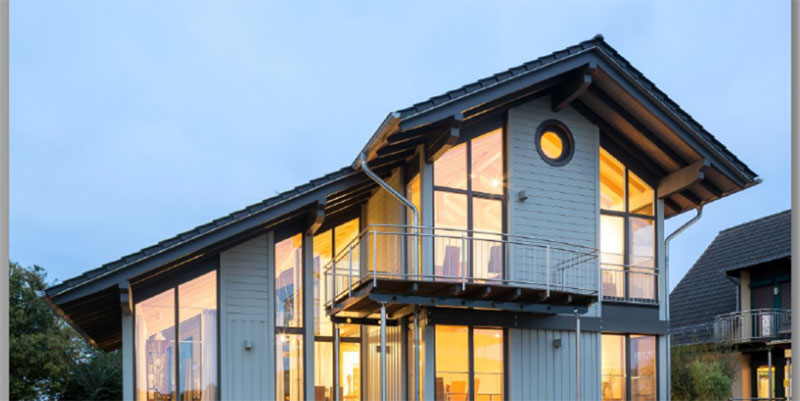
Chargers that are plugged in still consume electricity even when there is no device connected to them. Once your phone, tablet, and other electronic device have reached their maximum charge, ensure to unplug them because they will continue to use power if plugged in.
Invest some money in getting an energy assessment done.
After you have finished what you are capable of accomplishing on your own, an expert will be able to advise you on where there is room for improvement and where you may save additional money.
